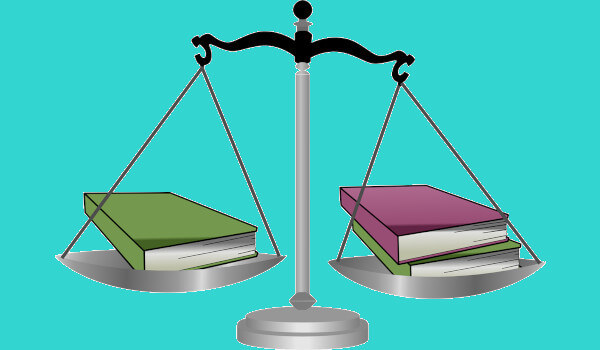Taxpayers’ rights and guarantees in relation to the exchange of tax information and its new paradigms. Part I

The personal experience lived, together with an extraordinary team of professionals, in setting up and implementing, back in 2010, of the Tax Information Exchange Unit, within the scope of the Federal Administration of Public Revenues (AFIP) of Argentina was followed by an intense work during more than 5 years at the head of such Unit. This included the creation of guidelines or work instructions, the management of a large number of information exchanges (EOI), under all modalities from and to the country, the implementation of the new global standards on demand (EOIR) and automatic (AEOI), of financial accounts (Common Reporting Standard, CRS) and even the peer review process of the first standard and the compliance with security and confidentiality rules to implement CRS, under the supervision of the Global Forum on Transparency and Exchange of Information for Tax Purposes. This allows me today, at a distance, to reflect, from another perspective and in another function – jurisdictional – on the situation of taxpayers, in relation to their rights and guarantees, based on a more widespread use of this essential tool in a globalized world, with respect to which it is even possible to envisage new paradigms of cooperation, based on the unstoppable digitalization.
1. Scope, principles and applicable limitations
The EOI is a species within the broader concept of international administrative cooperation in the tax field. From this collaborative tool, the Tax Administrations (TAs), limited in their actions to the borders of the respective country, may access information available in other countries to control their own taxpayers for foreign operations, activities and investments abroad. Also, international cooperation in this field may be used for debt and seizure notifications and also for enforced collection in other countries, to the extent that there are adequate legal frameworks authorizing it.
The use of this fabulous tool, which is essential in a globalized, interconnected and highly digitalized world, is not unrestricted, since it has a limited scope, responds to certain principles and presents some limitations, all within the framework of what has been agreed upon in the signed conventions or agreements and the national legislations in force, and considering mainly the existence of rights and guarantees that assist taxpayers, in general included in the legislations of the countries. If taxpayers perceive respect for their rights and guarantees, they will be more likely to collaborate with the TAs and thus the EOI will be broader, more fluid and dynamic, saving resources for both parties in the tax relationship.
The basic purpose of the EOI is the correct application of taxes and the fight against tax fraud. In principle, it is intended to be used for tax purposes, according to the scope established with respect to taxes, persons and tax periods reached, all in accordance with the provisions of the respective international legal systems (tax conventions and specific agreements, bilateral or multilateral) signed and national. Even the standard on request has advanced to the point where requests can be made for groups of people, but this does not fall into “fishing expeditions” that are known not to be covered by it.
In the EOIR, it is necessary to exhaust the instances in the country before requesting assistance abroad (principle of subsidiarity). It is not possible to have another tax office work without first trying to obtain the information in question in the respective country. Nor can information be requested that could not be provided (due to legal limitations, for example), in the case of requesting it from the country (principle of reciprocity). In no case may a State be compelled to take administrative measures contrary to its own legislation or administrative practice, or to those of the other Contracting State.
Worth mentioning is also a prohibition for the administration in its discretional scope, to order something that can be considered excessive, exorbitant or disproportionate (principle of proportionality). The possibility of refusing a request for information when it involves discrimination against a citizen of the requested country (principle of non-discrimination) should also be noted.
The current standards provided for in model tax treaties and specific agreements, as supranational norms in the legal hierarchy, eliminate any possibility of opposing national limitations due to bank secrecy, as well as with respect to the national domestic interest, as a requirement to proceed with a request. However, a word of caution is in order with respect to other limitations that remain and may arise from the respective national laws, namely:
“Due to its length, the analysis on the subject will continue in other posts on the Blog that will be published in the coming days. Until then…”
3,550 total views, 3 views today
